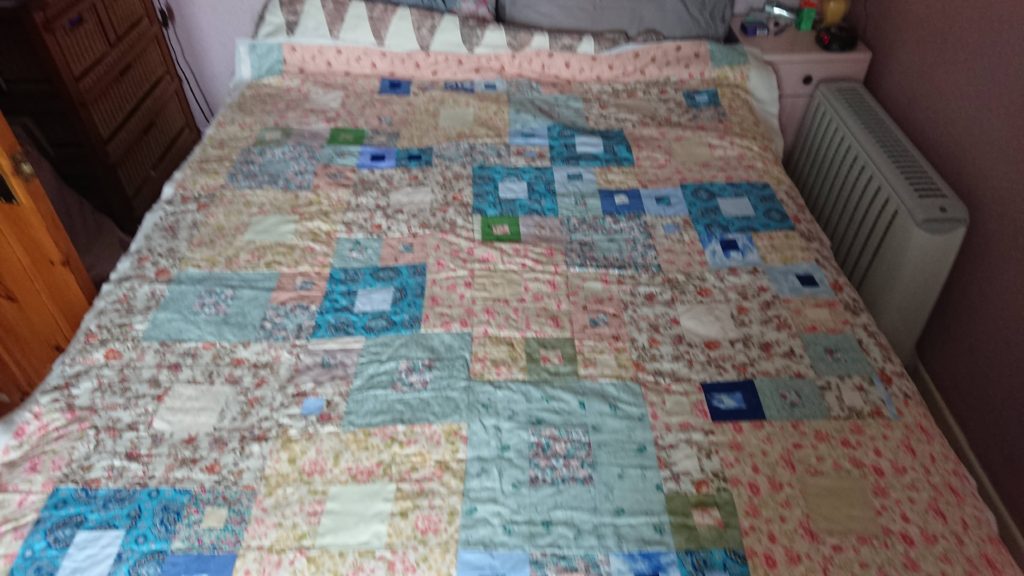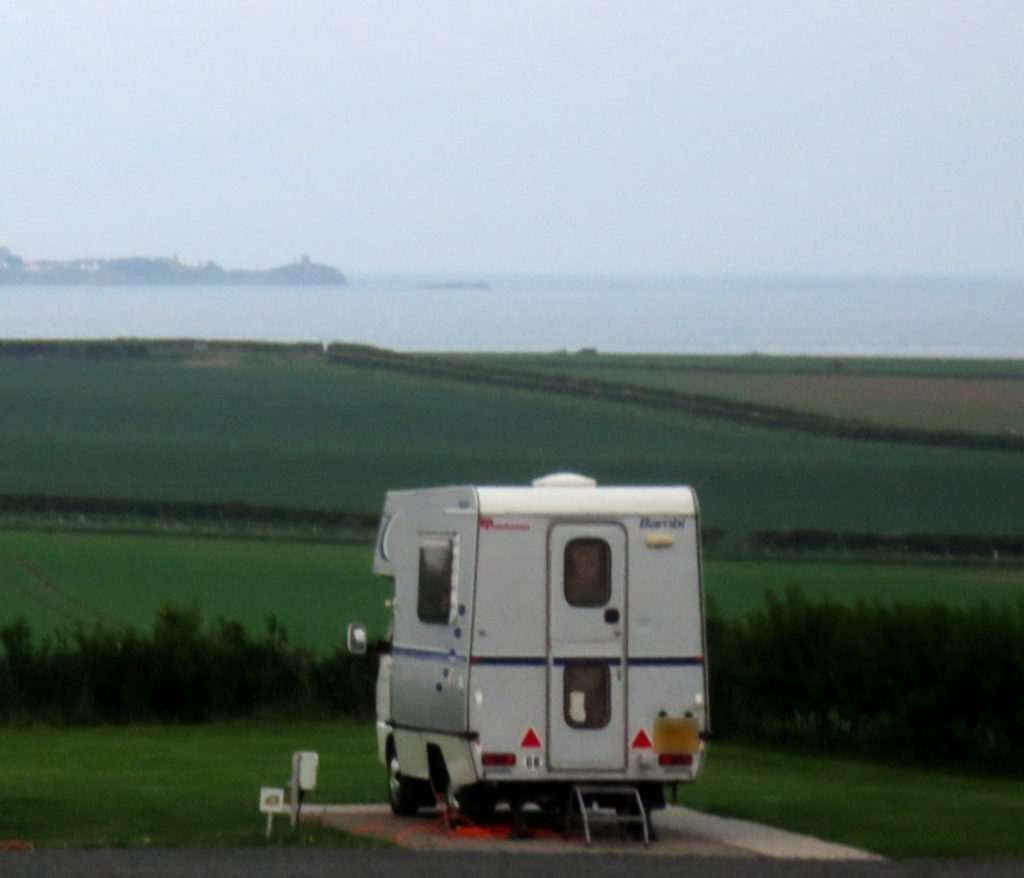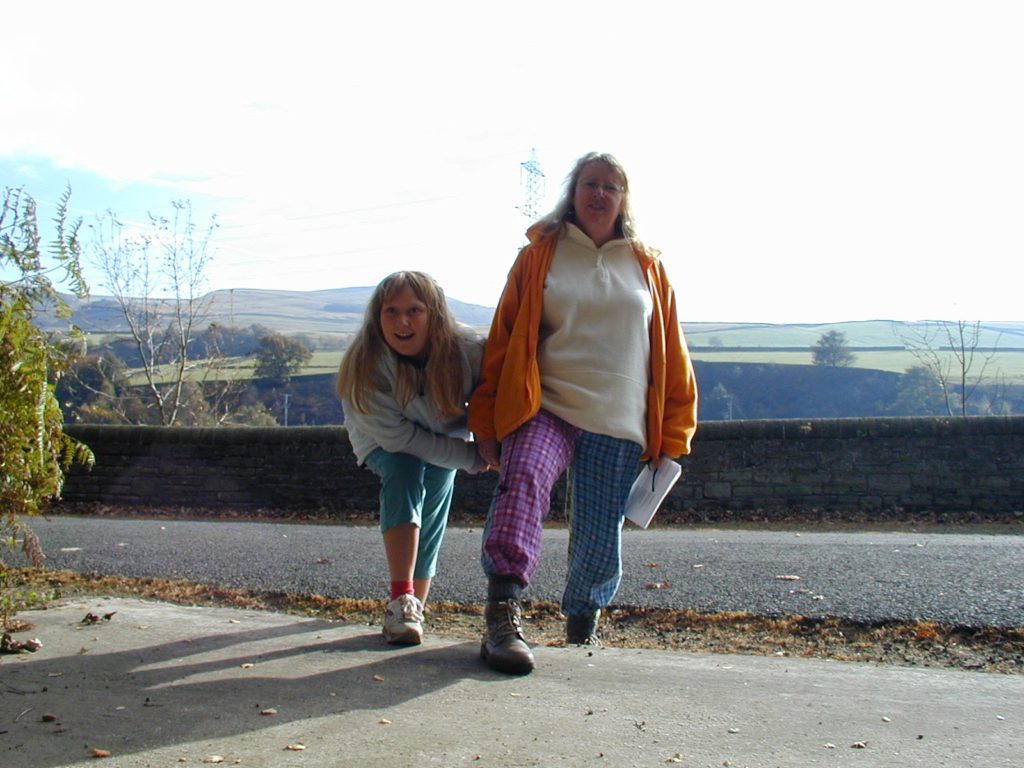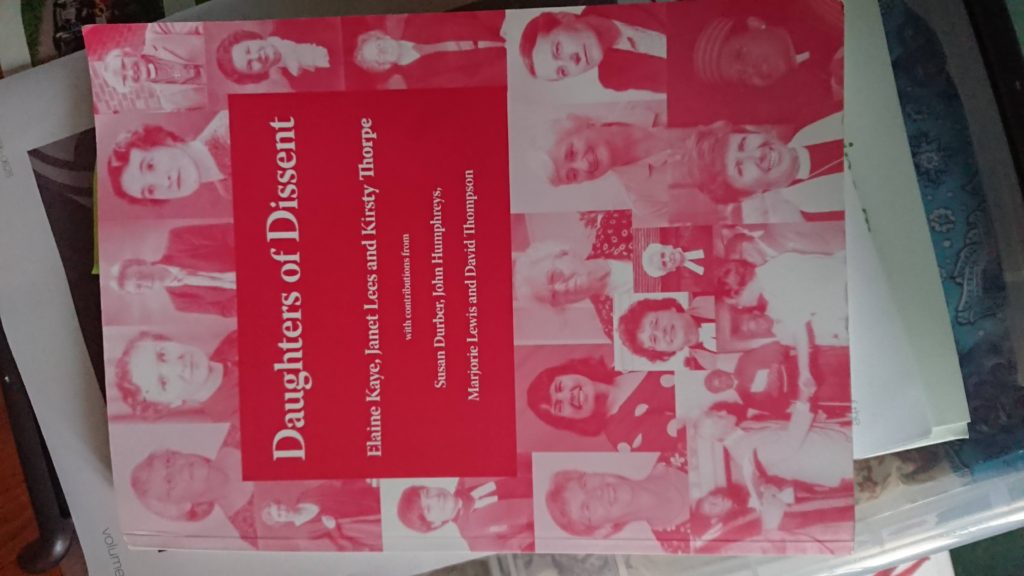Dear Benedict,
I write to you today about chapter 30 of your Rule, nearly about 1,400 years after your wrote it. Some say you were ahead of your time: your Rule is fairer, less austere and more balanced than other similar Rules. Times change and rules are reinterpreted. During your day, and since, many young people have been admitted to monastic communities for education. Not everyone who was admitted to a monastery wanted wholeheartedly to be there. Today’s selection processes will be rather different and due to safe guarding concerns there have been moves recently to separate the education of young people in schools attached to monasteries from the monastic community of adults.
But looking back on Chapter 30 couldn’t happen on a better day: the day Scotland has outlawed physical punishment of children and young people. No more smacking in Scotland.
There will be many different responses to this. Some with, like me, welcome it, others will see it as unnecessary, a threat to liberty and parental choice. I note that chapter 30 begins with the phrase ‘Every age and level of understanding should receive appropriate treatment’. The new Scottish law does just that. It says that it is no longer appropriate to use physical punishment towards children and young people. There’s no need to hit them and no justification either. Better and more positive options are available.
You knew that, which is why what you wrote was so revolutionary in its time. The purpose of such discipline was, you say, to heal people. Unfortunately physical reprimands rarely, if ever, achieve that. They are too often administered in anger, and so get out of control, and they usually lead to endless justifications on one side and resentments on the other. Wounds fester, mentally and spiritually as much as physically. I think you knew that too.
Whatever the wounds we each bear, whatever their origins, healing is something we all need. These difficult chapters of the Rule on discipline, show us that again. To make a community out of diverse individuals is difficult. You acknowledged this and we still do today, but we might take a different route, especially with young people.
We want to encourage. At a time when many faith communities have lost their multi-generational aspect those that still do have a cross section of ages needs to engage positively in active nurture, not just for the young but for everyone. I’ve visited too many groups in my time where children get hushed and tutted at and even openly criticised. Sometimes the excuse is ‘that wouldn’t have been allowed when we were young’. That’s not a way to heal anything, either yourself or those around you. A community that is serious about young people will be serious about everyone, recognising the healing we all need so that we grow and develop together.
A community is not a museum of the old ways, with its relics of ruler and slipper to remind us of old discipline. A community gets up in the morning to a promise that Christ makes all things new. Christ makes me new and the way I experience that is in a Christ centred community, one that explores faith and grows together, never thinking that age is the mark of spirituality maturity but that the Spirit fills young and old alike.
So that’s ‘No to Smacking’ and ‘Yes to smashing’ the limitations of our age-bound understanding.
From the remembered bible: God says ‘I will pour out my Spirit on young and old alike’.
Heal me!
From a Friend of Scholastica and a Member of the Lay Community of St Benedict.




